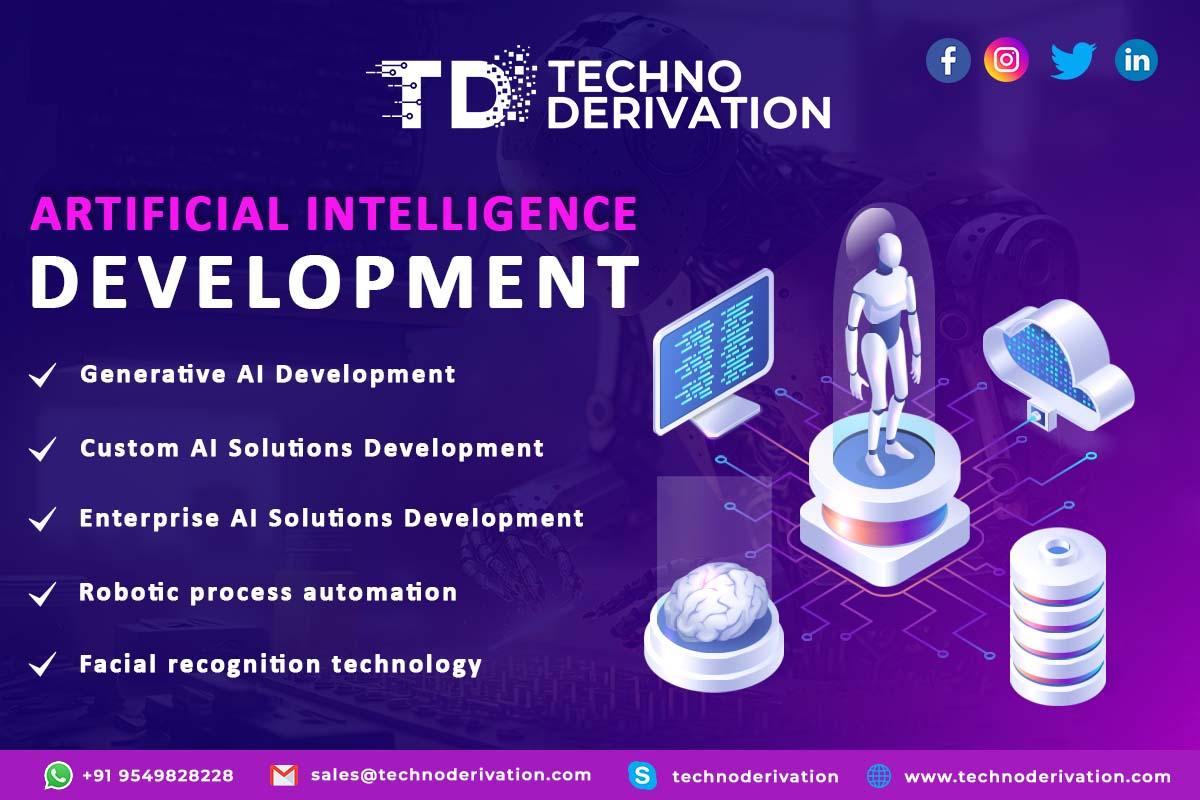Introduction:
Artificial Intelligence (AI) development has reached unprecedented heights in recent years, revolutionizing various aspects of our lives. From virtual assistants to self-driving cars, AI technologies continue to reshape industries and societies worldwide. In this article, we explore the evolution, applications, challenges, and future prospects of AI development.
The Evolution of AI:
The concept of artificial intelligence dates back to the mid-20th century when researchers began exploring ways to mimic human intelligence in machines. Over the decades, advancements in computing power, algorithms, and data availability have propelled AI development forward. Breakthroughs in machine learning, neural networks, and deep learning have enabled AI systems to learn from vast amounts of data and perform complex tasks with remarkable accuracy.
Applications Across Industries:
-
Natural Language Processing (NLP): NLP enables machines to understand and interpret human language, powering applications such as virtual assistants, chatbots, and language translation services.
-
Computer Vision: Computer vision algorithms enable machines to analyze and interpret visual information from images and videos. Applications include facial recognition, object detection, and autonomous vehicles.
-
Healthcare: AI is revolutionizing healthcare with applications in medical imaging, disease diagnosis, drug discovery, and personalized treatment planning. AI algorithms can analyze medical data to identify patterns and make predictions, aiding healthcare professionals in decision-making.
-
Finance: In the financial sector, AI is used for fraud detection, risk assessment, algorithmic trading, and customer service automation. AI-powered chatbots provide personalized assistance to customers, while predictive analytics models help identify market trends and investment opportunities.
-
Robotics: AI plays a crucial role in robotics, enabling robots to perceive their environment, make decisions, and perform tasks autonomously. Applications range from manufacturing and logistics to healthcare and space exploration.
Challenges and Ethical Considerations:
-
Bias and Fairness: AI systems can inherit biases present in training data, leading to unfair or discriminatory outcomes. Addressing bias and ensuring fairness in AI algorithms is a significant challenge that requires careful design and monitoring.
-
Privacy Concerns: The use of AI involves processing vast amounts of personal data, raising concerns about privacy and data security. Regulations such as GDPR and CCPA aim to protect individuals' privacy rights, but compliance remains a challenge for AI developers.
-
Job Displacement: The automation capabilities of AI have raised concerns about job displacement and the future of work. While AI can create new job opportunities, it also poses challenges for workers whose jobs are susceptible to automation.
Future Prospects:
Despite challenges, the future of AI development is promising. Advancements in AI research, including explainable AI, reinforcement learning, and federated learning, hold the potential to address current limitations and unlock new possibilities. As AI continues to evolve, it will play an increasingly central role in shaping the future of technology, business, and society.
Conclusion:
Artificial Intelligence development has come a long way since its inception, transforming industries and societies worldwide. While challenges such as bias, privacy concerns, and job displacement remain, the potential benefits of AI are immense. By addressing these challenges and harnessing the power of AI responsibly, we can unlock new opportunities for innovation, productivity, and human well-being in the AI-driven future.

